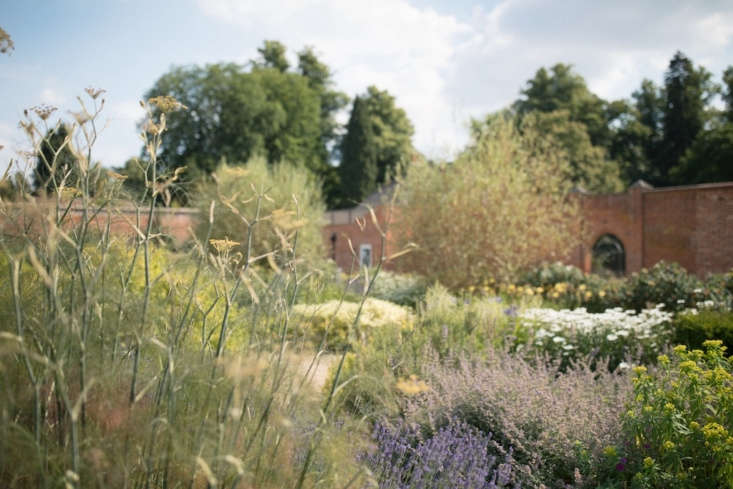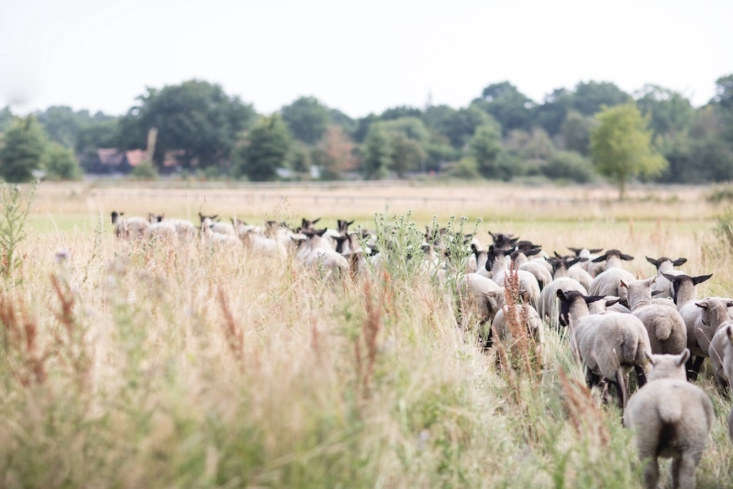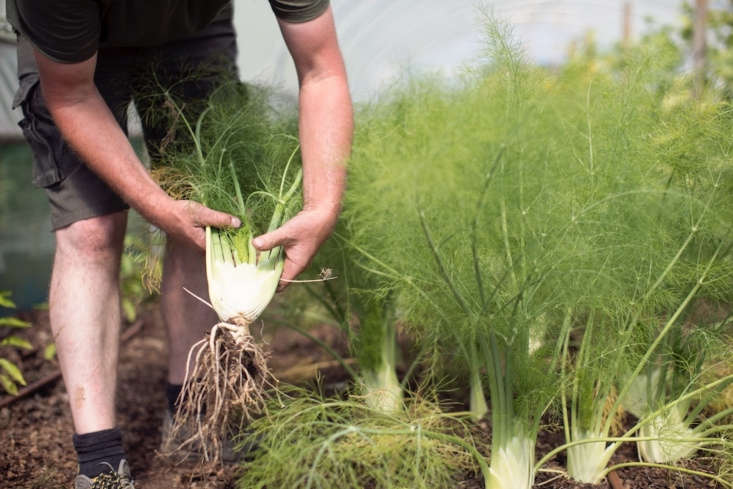The UK’s latest country house hotel, Heckfield Place in Hampshire, welcomes guests this September, a full six years behind its scheduled launch date (see our previous post from way back in 2014). Whilst the delay has confounded the press and irked many members of staff (general managers, head chefs, and interior designers have come and gone), it has only served to benefit the sprawling 400-acre estate.
Photography by Helen Cathcart

Says head gardener, Philip Bailey: “A team of twenty-four gardeners and arborists have spent the last five years restoring the gardens, the pleasure grounds, and the trees,” a luxury not afforded to most new openings.

The house was acquired 16 years ago by the Chan family (founders of The Morningside Group, who opened Spring restaurant with chef Skye Gyngell in London’s Somerset House in 2014).



The team has meticulously restored William Wildsmith’s late-19th-century iteration of the grounds, which includes the lakes, Italian terrace, the pleasure grounds, the walled gardens (upper and lower, both reconceived by Todd Longstaffe-Gowan), and the arboretum.

Wildsmith’s glasshouses have not survived, but new structures—including a sun house in the walled garden that is available for private dinners—have taken their place.

The emphasis on self-sustainability has been key to the reimagining of the estate. (“Here it begins with the soil” is another marketing message.) The kitchen garden, greenhouses, orchard (its 700 fruit trees now heavy with apples and plums), and the five-acre farm will supply vegetables, milk, cheese, fruit, honey, and flowers to two on-site restaurants, Marle and Hearth.

Culinary director Skye Gyngell has been involved in the project since its inception, launching Spring in the intervening years. The farm practices biodynamic principles and is overseen by Jane Scotter of Fern Verrow. “The farm and the kitchen have a very close relationship,” says Bailey “planning menus by season, and planting accordingly.”

At the main restaurant, Marle, Gyngell devises a menu of just five daily-changing main dishes. In late summer, for example, heirloom tomatoes, raspberries, and fig leaves are delivered to the kitchen and transformed into heirloom tomato salad with raspberries and fig leaf oil; waxed beans, Datterini tomatoes and purple basil are served with guinea fowl; the leaves of lemon verbena are steeped in cream and served as lemon verbena panna cotta with Heckfield black currants.

It’s a model that has revived country house hotels and their vast estates across the UK in recent years (see Robin Hutson’s collection of boutique hotels, for example). Only here—with the involvement of names such as Gyngell and Scotter—there’s a sense that Heckfield Place has taken this model to its apotheosis.
Looking for a lodging with a landscape where you can stroll? See more of our favorite hotels with a garden:
- Killiehuntly Farmhouse: Luxury and an Organic Garden in the Scottish Highlands
- Ham Yard Hotel: A Roof Garden Oasis in Central London
- A Restored Medieval Garden at Le Prieuré d’Orsan












Have a Question or Comment About This Post?
Join the conversation (0)